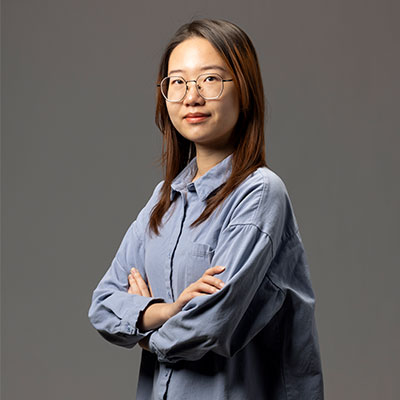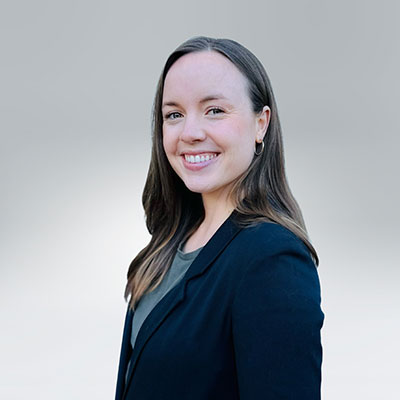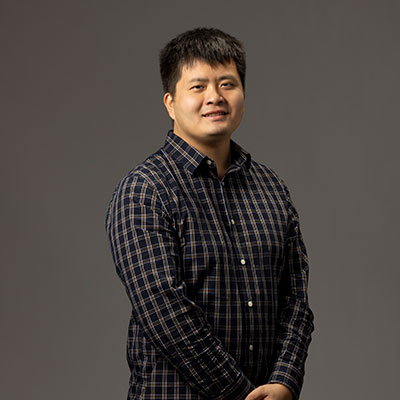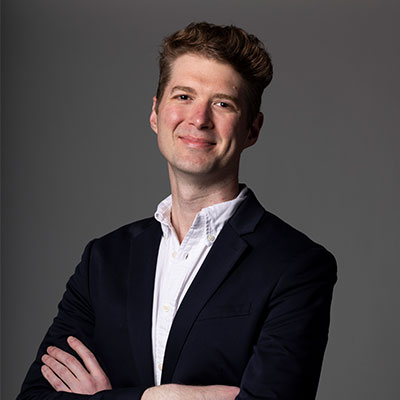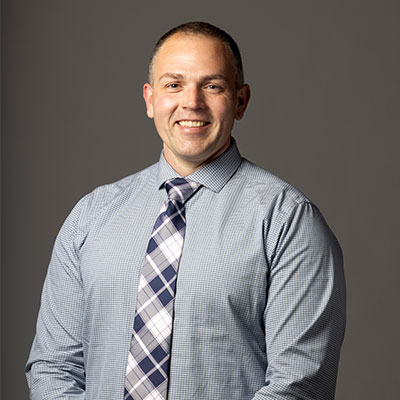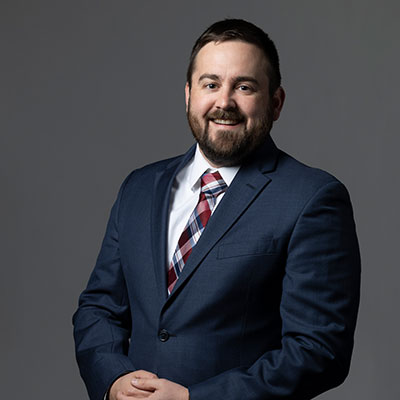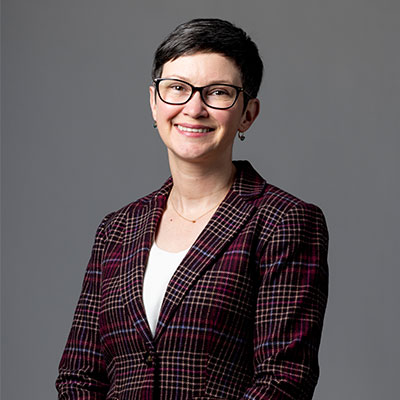Prashant Doshi
Entrepreneur of the Year 2025
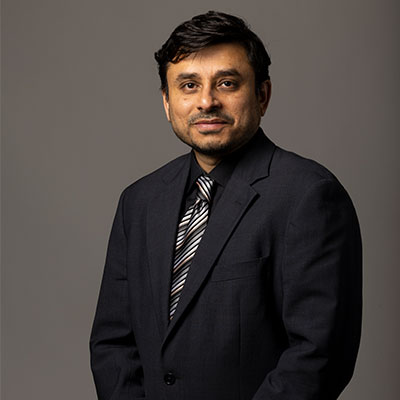
Prashant Doshi, professor in the School of Computing, is transforming artificial intelligence research into real-world applications through his work on human-robot collaboration and inverse reinforcement learning. His research has broad implications across industries, including agriculture, where he is developing AI-driven collaborative robots (cobots) to streamline produce processing operations. To bring this technology to market, Doshi co-founded InversAI, a company focused on commercializing AI-powered automation. Under his leadership, the company secured grants from the Georgia Research Alliance and NSF Small Business Technology Transfer, funding the first application of AI-driven cobots in onion sorting and enabling onsite trials of the technology in Georgia’s onion processing sheds. By bridging academic research and industry, Doshi exemplifies the successful transition of university-based innovation into practical, scalable technologies. His work continues to push the boundaries of AI-driven robotics, shaping the future of intelligent automation and expanding its role in commercial and industrial settings.


